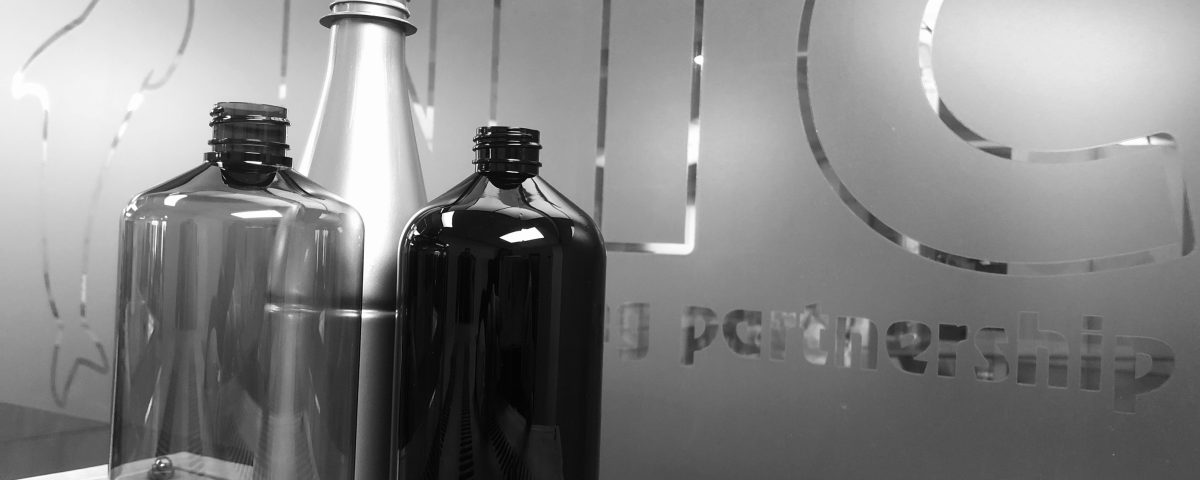NTC launches a new range of “Carbon Free” Masterbatches”
Why use “Carbon Free” or “Carbon Black” free masterbatch?
Carbon black is a pigment manufactured by the incomplete combustion of heavy petroleum products such as FCC tar, coal tar, Coal, tire recycling, ethylene cracking tar, etc.
The result of this combustion is a fine, black powder that is mostly used as a colorant in rubber and plastics. The U.S. Food and Drug Administration approved the use of carbon black in food contact applications such as colorants, food packaging and food processing equipment.
Why not use “carbon black” pigments.
But there are a few reasons why carbon black pigments should not be used.
First, carbon black pigments are made from fossil fuels, which are non-renewable resources.
Second, the production of carbon black pigments releases harmful pollutants into the air, such as carbon monoxide and particulate matter. These pollutants can have negative effects on human health, such as respiratory problems and heart disease.
Carbon black pigments are not biodegradable, which means they will remain in the environment for a long time after use.
Finally, carbon black pigments can cause interference through NIR rays because they capture light in the near infrared range. This means that these components absorb light and cause interference in the NIR rays used in the sorting of plastic during the recycling process.
Circular economy
Aware of this, at NTC – Nuevas Técnicas de Coloración, we have adapted our product portfolio to enable an increasing percentage of colored containers to be recycled.
Our R&D department has therefore developed a new series of masterbatches with high-quality ingredients from natural sources to achieve maximum color in the “Carbon Free” black range.
This helps us to expand our product range and improve our quality processes while committing to our idea of increasing the percentage of recycled materials in our formulations.
Contact us to ask for a sample!

